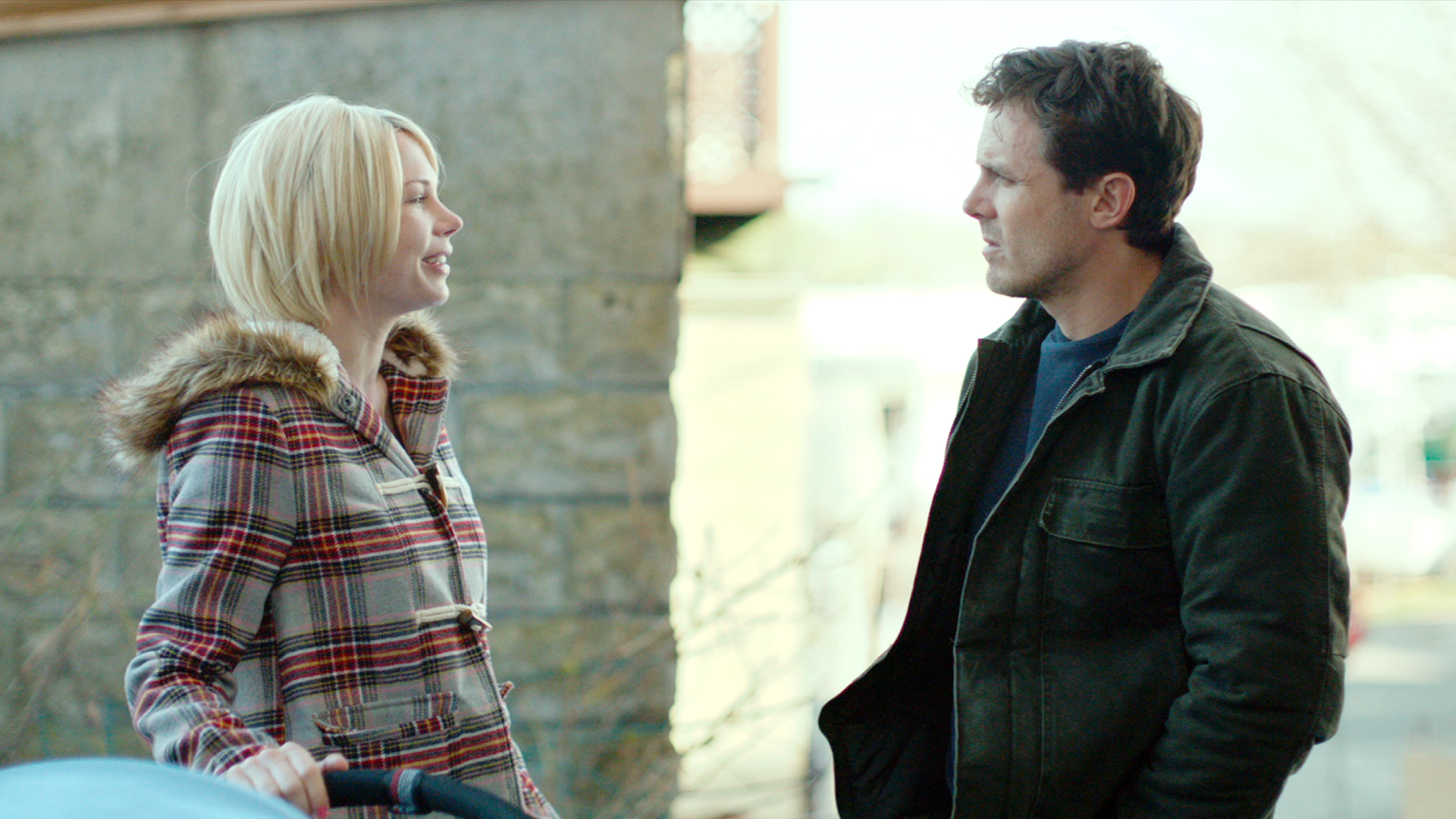French Exit
by George Wolf
So, it seems your quick, stealthy exit migrates from Irish to French when excess alcohol is not involved.
Good to know, I had to look it up.
Francis Price (Michelle Pfeiffer) certainly enjoys a good martini, but her exit plan is a bit more serious than just ducking out of the local bar unnoticed.
After years of living high as a Manhattan socialite, Francis’s inheritance is nearly gone. So after selling off what they can, Francis and her son Malcolm (Lucas Hedges) head to Paris to stay in her best friend’s empty apartment. When the last dollar is finally spent, Francis plans to kill herself.
It sounds pretty dramatic, but writer Patrick DeWitt (who also penned the source novel) and director Azazel Jacobs start peppering in the absurdity and black comedy as soon as mother and son are aboard a ship to France.
Malcolm leaves his fiancee Susan (Imogen Poots) behind, and hooks up with Madeleine (Danielle Macdonald) en route. Madeleine is a medium, and she soon becomes Francis’s conduit for summoning the late Mr. Price (Tracy Letts) when his soul returns in a cat.
Pfeiffer is cold, condescending perfection. Francis’s words for nearly everyone she encounters practically drip with contempt, and Pfeiffer is always able to keep the film’s tricky tonal balance from toppling toward either maudlin or silly.
She enjoys a wonderful chemistry with Hedges, who impresses yet again as a young man who is still coming to grips with the lack of affection in his upbringing, his mother’s icy worldview, and how they’ve both affected his ability to relate to other people.
And soon, there are plenty of other people to relate to in the Paris flat. There’s the neighbor who desperately wants to make friends (a scene-stealing Valerie Mahaffey), Madeleine the medium, a detective hunting for the runaway cat (Isaach De Bankole), ex-fiancee Susan and her new man (Daniel di Tomasso), and Joan, who actually owns the apartment (Susan Coyne)!
You’d be quick to label the entire affair a Wes Anderson knockoff if Jacobs (The Lovers, Mozart in the Jungle, Doll & Em) didn’t fill the center with such unabashed heart. The affection between mother and son is never in doubt, and Pfeiffer’s delicious turn makes sure Francis never becomes a villain, just a fascinating and darkly funny mess.
With its self-conscious quirks and surface-level satisfactions, this is a French Exit more obvious than most. But thanks to Pfeiffer and a sharply drawn ensemble, it’s never less than wicked fun.







